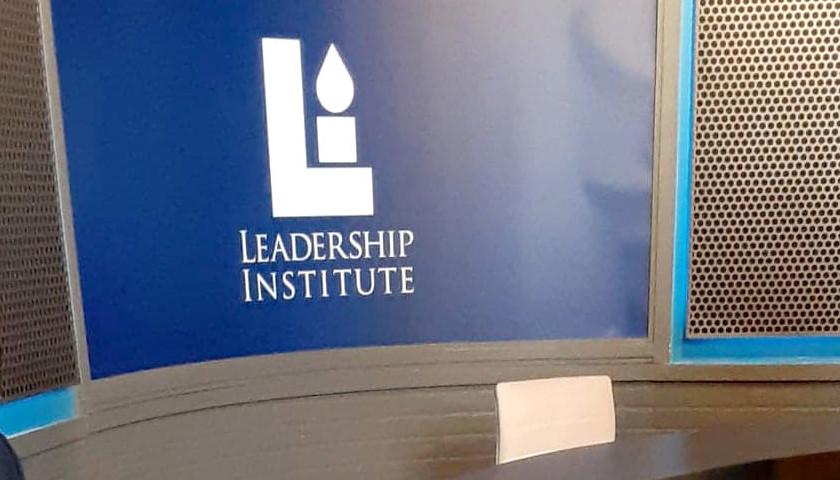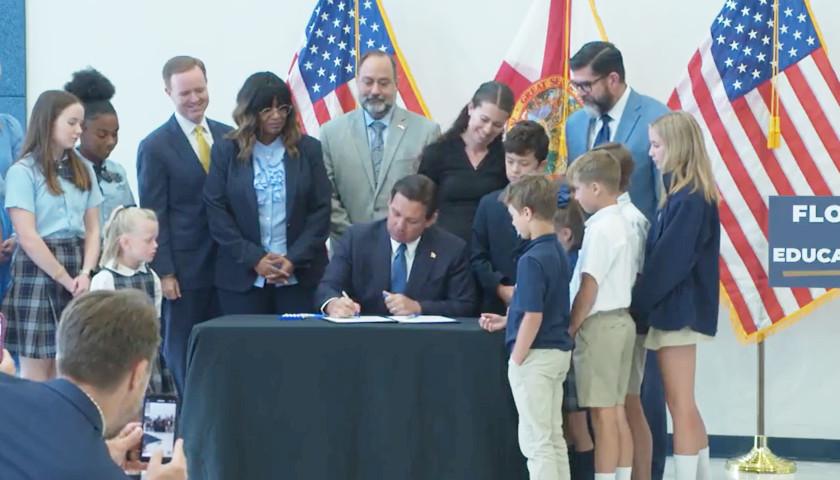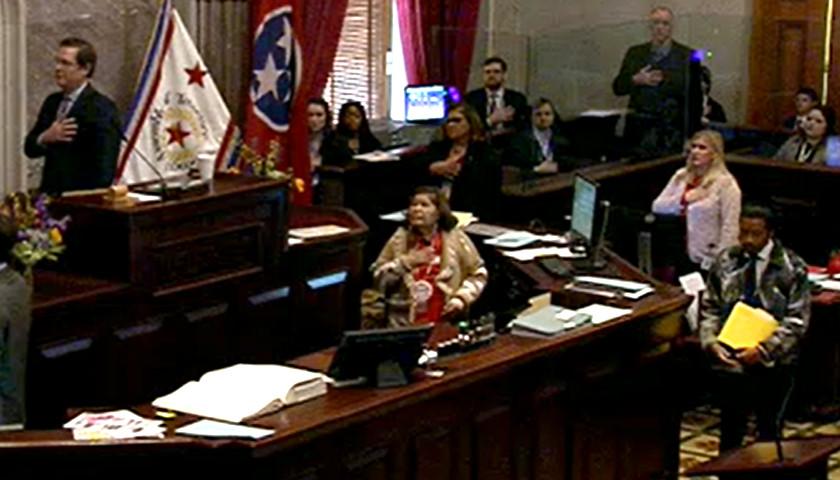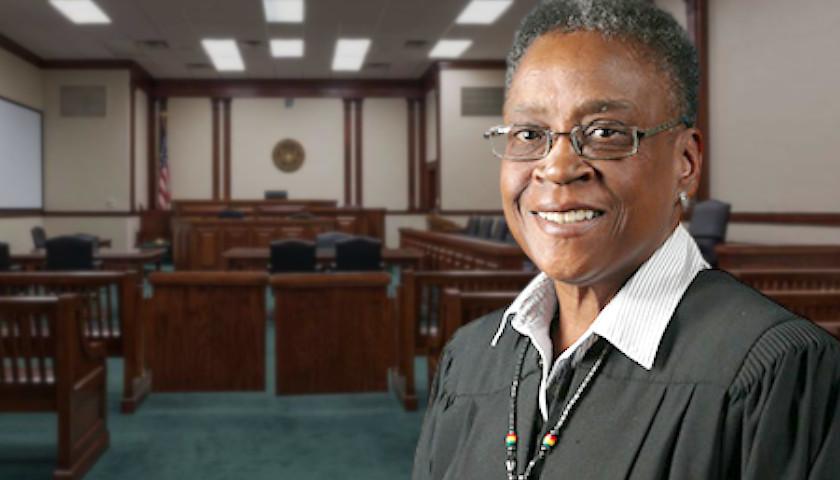A newly amended caption bill, HB1214, that would allow for the establishment of charter schools serving homeschoolers and boarding charter schools has made it out of the House K-12 Subcommittee.
In presenting the bill for the author, House Speaker Cameron Sexton (R-Crossville), on Tuesday, State Representative Mark White (R-Memphis) appeared to be unfamiliar with many of the details associated with the amendment. He acknowledged as much, chalking it up to the “lightning speed” legislators had been operating under.
After reading a description of the proposed amendment, White told committee members, “That is the information I have and will try to answer any questions if I can.”
There were no questions, and the bill moved out of the subcommittee with no discussion and a unanimous vote.
The amended bill allows for the establishment of a charter school serving home school students. The school would be required to provide live instruction three days a week, with the remaining two days provided by either a parent or a remote platform. In talking with various committee members, it remains unclear if the in-person/remote ratio is a strict weekly requirement or if the requirement could be met in blocks – i.e., three weeks of in-person followed by two weeks of remote instruction – as long as at the end of the school year the weekly requirement was met on average.
The amendment allows a school to provide more or less than 6 1/2 hours of daily instruction provided that students receive the state-required minimum of 180 days a year of instruction.
The amendment’s second part allows for establishing a charter school – either a new applicant or an existing operator wishing to amend its charter – to provide a residential or boarding program for at-risk students in grades six through 12. At-risk students are defined as those who are considered economically disadvantaged, homeless, foster, runaway, or migrant children.
Recently, Tennessee’s Department of Child Services (DCS) has been the subject of an audit depicting an ongoing crisis that has forced foster kids to sleep on the floors of the state agency’s office building due to a lack of available placements. Arguably, a charter school operating a residency program would provide an option for children affected by DCS’s inability to secure housing.
In an email to The Tennesse Star, Professional Educators of Tennessee Executive Director JC Bowman said, “Our understanding is the Boarding Charter School concept could be used with homeless children, who have their education disrupted.”
Bowman added, “We are all aware of the crisis in Tennessee’s Department of Children Services, children in state custody that are sleeping on office floors. A boarding program of this type has already been used in other states. The SEED Public Charter School of Washington, D.C. was the nation’s first public charter, college-preparatory boarding school. Children in state custody certainly need every opportunity at our disposal. We plan to follow this debate closely to ensure the focus.”
Any charter school operating a residency program would be permitted to draw from multiple districts outside the geographic boundaries in which the charter school is located. Interested charter school operators would be permitted to bypass application to a local charter operator, applying directly to the State Charter School Commission.
The fiscal attached to this amendment appears low – $294,300/FY 23-24 and $468,600 the following school year. Expenditures are primarily dedicated to meeting increased responsibilities for the Tennessee Charter School Commission. It is noted that homeschooled students who enroll in a public charter school will be funded through the Tennessee Investment in Student Achievement (TISA) funding formula. Current home school students are not funded under TISA.
TISA funding comes with a local fiscal match to any state funding. The fiscal note does not clarify who will be responsible for the local match to a charter school serving a student outside the established local education authority. Currently, districts must provide a local match for all students in their county who attend a charter school, even if the State Charter School Commission authorized the charter school.
The amendment’s fiscal note acknowledges that for any public charter school that is authorized to provide a residential or boarding program for at-risk students, a permissive increase in local expenditures will occur. However, due to multiple unknown variables, a precise fiscal impact cannot be determined at this juncture.
California currently has legislation that allows for the establishment of charter schools that serve homeschooled families. While the legislation has not been without issues, the state continues to modify the legislation to improve outcomes.
Tennessee Education Commissioner Penny Schwinn is from California, where she founded a charter school, Capitol Collegiate Academy, and still serves on the board.
State Representative William Slater told The Star that while questions and needed clarifications remain, he saw the proposed amendment as “a way to increase educational options to Tennessee families.”
Also, he said he feels it is worthy of further conversation in the whole education committee.
– – –
TC Weber is a reporter at The Tennessee Star and The Star News Network. He also writes the blog Dad Gone Wild. Follow TC on Twitter. Email tips to [email protected]. He’s the proud parent of two public school children and the spouse of a public school teacher.









A minimum of 85-90% of ALL state and federal funding should be By LAW assigned to the student and therefore FOLLOW that student where ever that student goes to school. It doesn’t matter if that is in a regular ‘public school’, a charter school, a private or church school, or even home schooling. My wife and I home schooled for over 11 years. It was a struggle, but our children did extremely well, and are now solid, constructive members of our society, and doing well financially.